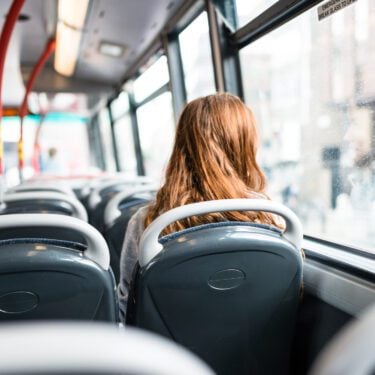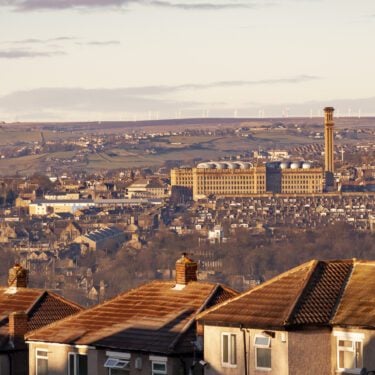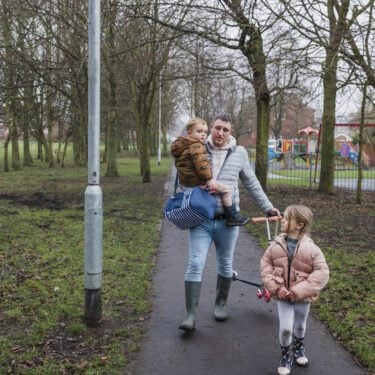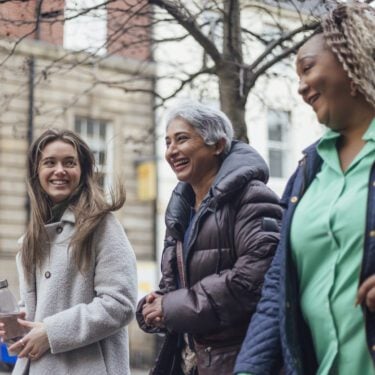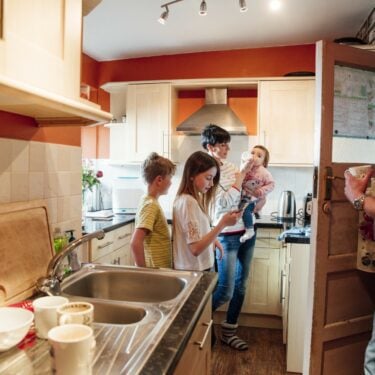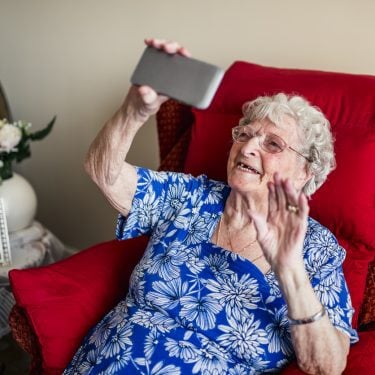
29/11/17
3 min read
A new report, published today by the Institute for Fiscal Studies (IFS) and funded by the Nuffield Foundation, shows that leaving education when the economy is weak can have lasting effects on your pay and employment – even once the wider economy has returned to normal.
However, young adults’ own pay and employment are not all that matters for their living standards: both the tax and benefit system and parental incomes can cushion the blow for many.
Key findings include:
- Leaving education when the economy is weak has a direct impact on employment and pay at least five years afterwards. Young adults five years after leaving education are still 1 percentage point less likely to be employed if they started out when the unemployment rate was 10% rather than 6% (unemployment has risen by 4 percentage points on average during the last three recessions). The average negative impact on the pre-tax earnings of young adults and their partners (if they have one) five years after leaving education is 4% – or £1,100 per year. These effects have faded away almost completely after a further five years.
- Some of the impact is offset by lower taxes and higher benefits. Once you account for taxes and benefits, the effect of leaving education when unemployment is high on the combined incomes of young adults and their partners (if they have one) five years later falls from 4% to 2%.
- Another important potential safety net is that most people live with their parents in the first few years after leaving education, irrespective of economic conditions. This is particularly important in the years immediately after leaving education, when the effects on employment and pay are the largest: between 2010 and 2015, 74% of young adults lived with their parents a year after leaving education, 54% three years in and 38% five years in.
- As a result, starting working life during a recession has little impact on the total resources available to the households that young adults live in, on average. Young adults’ net household incomes (including the incomes of all members of their household – most importantly parents) are hit by only 1% five years after leaving education. While there is no guarantee that resources in the household are always shared equally, at the very least this implies that many parents have the capacity to provide an important safety net for their children after they leave education.
- The safety net provided by parents is particularly significant because lower-educated people are both most affected by starting out in a recession and most likely to live with their parents. Five years after joining the labour market, the pre-tax earnings of young adults and their partners are 4% lower for those who left education at 16 but there is no effect on those who left when they were 19 or older. At the same five-year stage, 60% of those who left education at 16 still live with their parents, compared with 21% of those who left when they were 19 or older.
- For those young adults not living with parents, there are significant lasting effects on overall incomes and household spending. For this group, starting working life when the economy is weak causes household net incomes and spending to be 2–3% lower even five years later.
Jonathan Cribb, a Senior Research Economist at the IFS and an author of the report, said:
“The direct negative impact of entering the labour market in a recession is to significantly depress pay and employment for the next few years – even if the economy as a whole returns to normal. The tax and benefit system provides some protection against this, and a big potential safety net that many young adults have is their parents. But for those not living with their parents, the persistent negative effects on pay and employment of starting out in a recession do translate into lower net household incomes and lower spending for several years afterwards.”

























